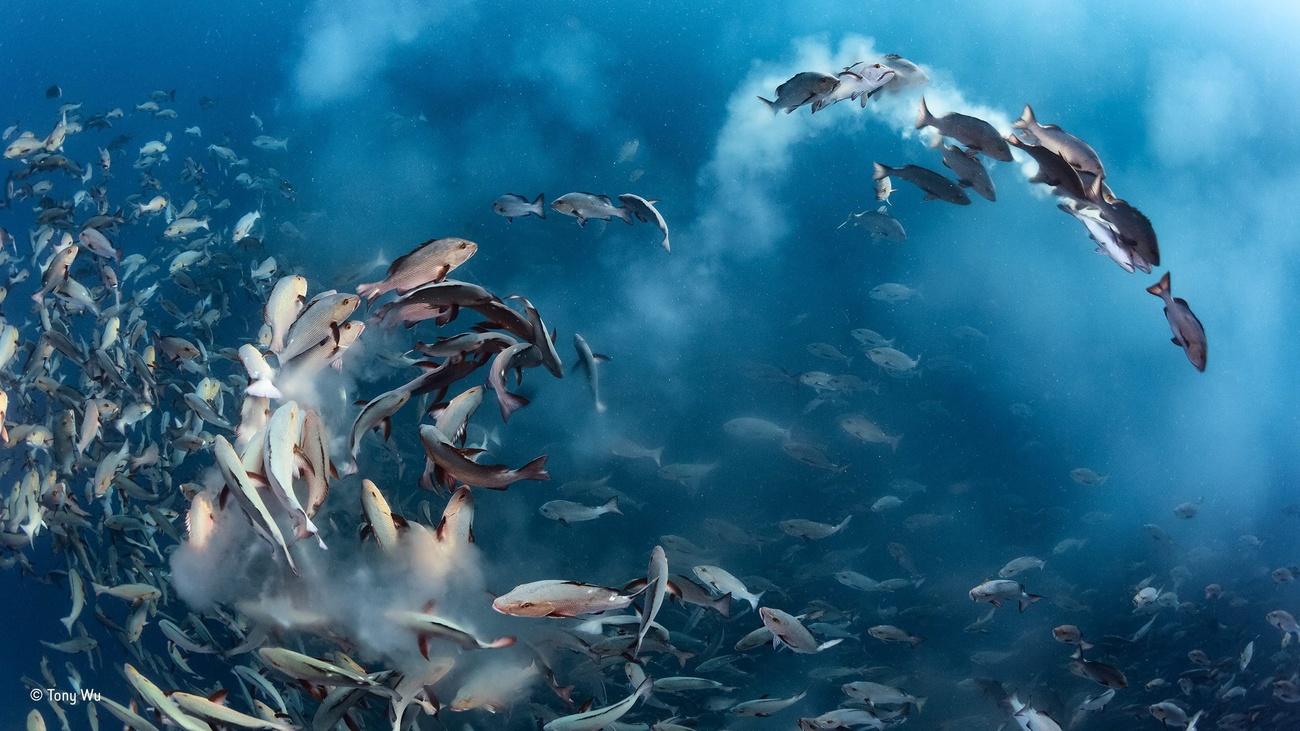
Swiss researchers compile world map of fish genetic diversity

Scientists have developed the first-ever global map that shows the genetic diversity of freshwater and marine fish around the world.
The work of the Swiss Federal Institute of Technology in Zurich (ETHZExternal link), in collaboration with French universities, was published in the journal Nature CommunicationsExternal link on Monday. The researchers scoured through an open databaseExternal link of over 50,000 DNA sequences, representing 3,815 species of marine fish and 1,611 species of freshwater fish. They then estimated fish diversity in 200km2 sections of different water bodies.
The greatest genetic diversity of marine fish was found in the western Pacific Ocean, the northern Indian Ocean and the Caribbean. Among freshwater fish, genetic diversity was greatest in South America, but relatively low in Europe. Temperature was an important factor affecting marine fish diversity, with rising temperatures leading to greater diversity. For freshwater fish, complexity of habitat and changes over time were the determining factors.
Applications of the map include the identification of ideal marine-protected areas, which take into account fish diversity hotspots.
“If we want to protect our biodiversity, we also have to monitor the genetic diversity of populations. This is the only way to ensure that the pool of varied genetic material is large enough to enable the survival of species under changing environmental conditions,” said Loïc Pellissier, co- lead author of the study.

More
Warming Swiss rivers threaten fish stocks

In compliance with the JTI standards
More: SWI swissinfo.ch certified by the Journalism Trust Initiative






























You can find an overview of ongoing debates with our journalists here . Please join us!
If you want to start a conversation about a topic raised in this article or want to report factual errors, email us at english@swissinfo.ch.